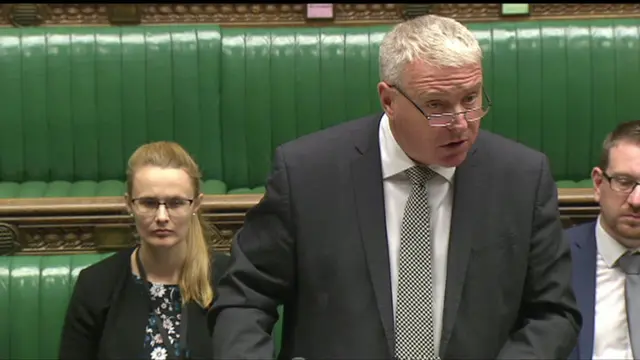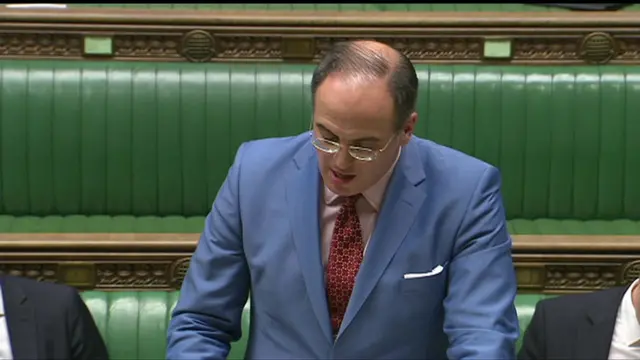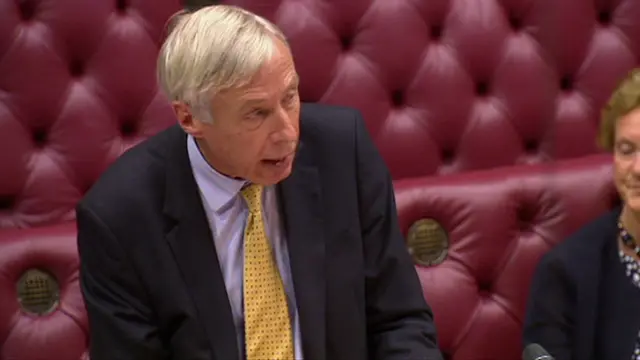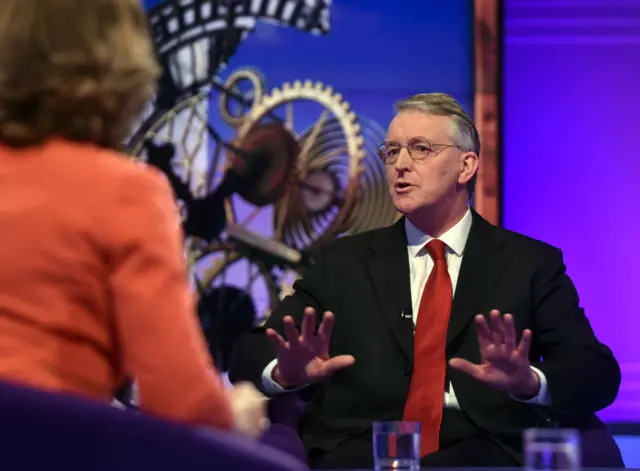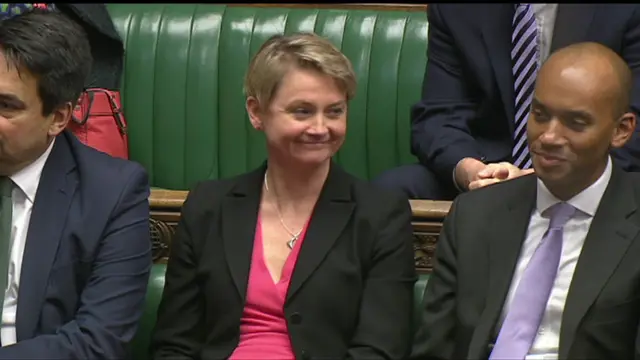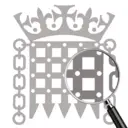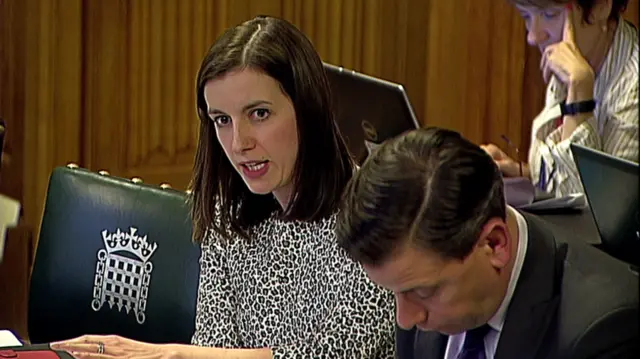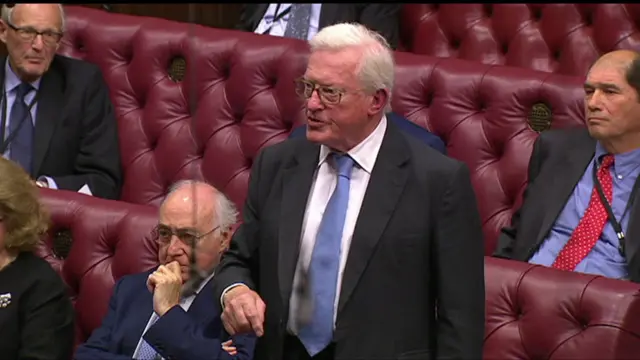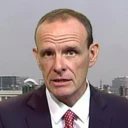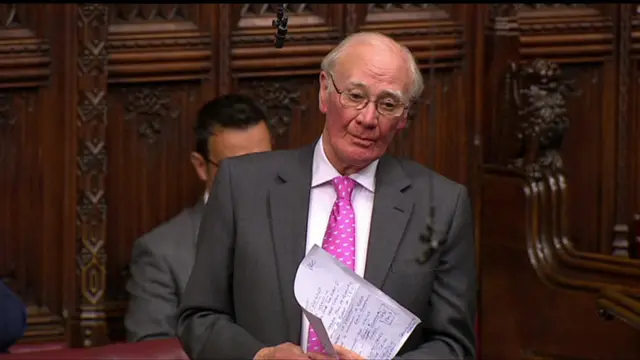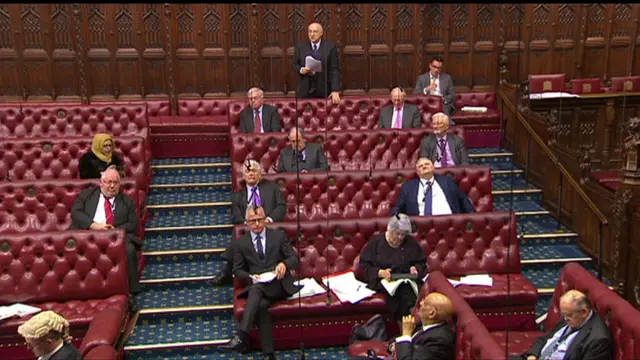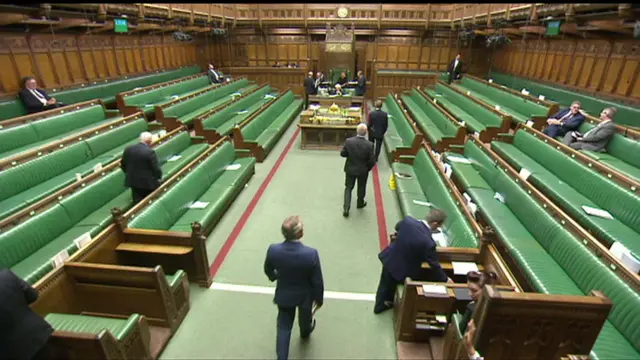No 'logic' in cutting Commons as Lords expandspublished at 17:51 BST 19 October 2016
House of Lords reform debate
 House of Commons
House of Commons
Parliament
Labour's Ian Lavery says that between 2010 and 2016 David Cameron, who instigated plans to reduce the size of the House of Commons to keep costs down, appointed 261 peers at an estimated cost "somewhere in the region of £34m".
He says the Lords is now a "bloated" chamber, the only one bigger in the world is China's national assembly.
In light of this, he asks, "where is the logic in reducing the democratically elected Commons?"
